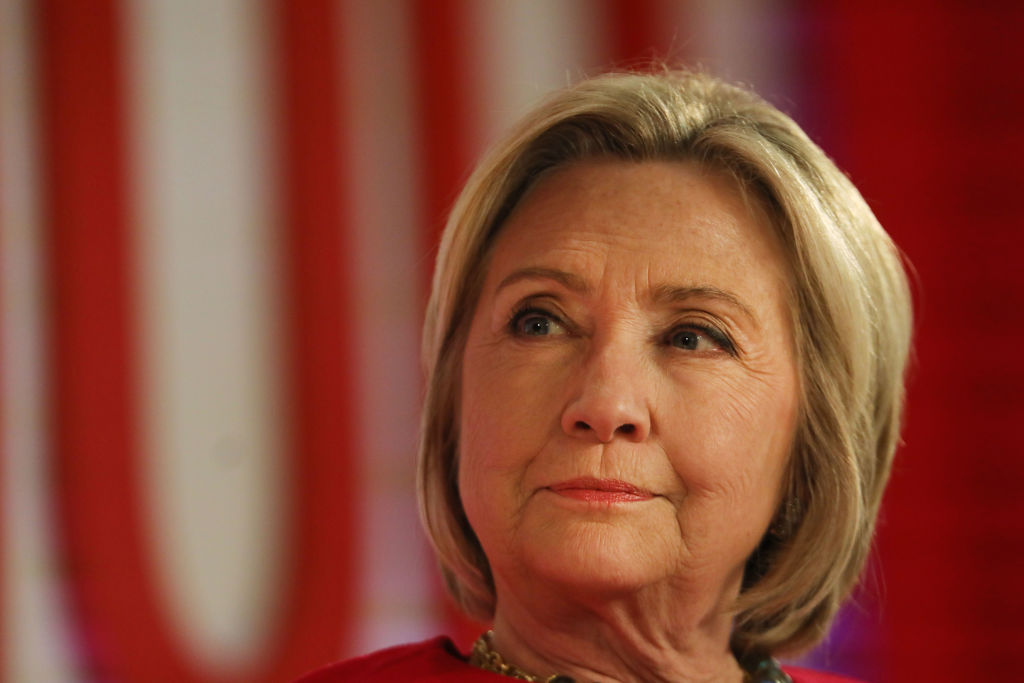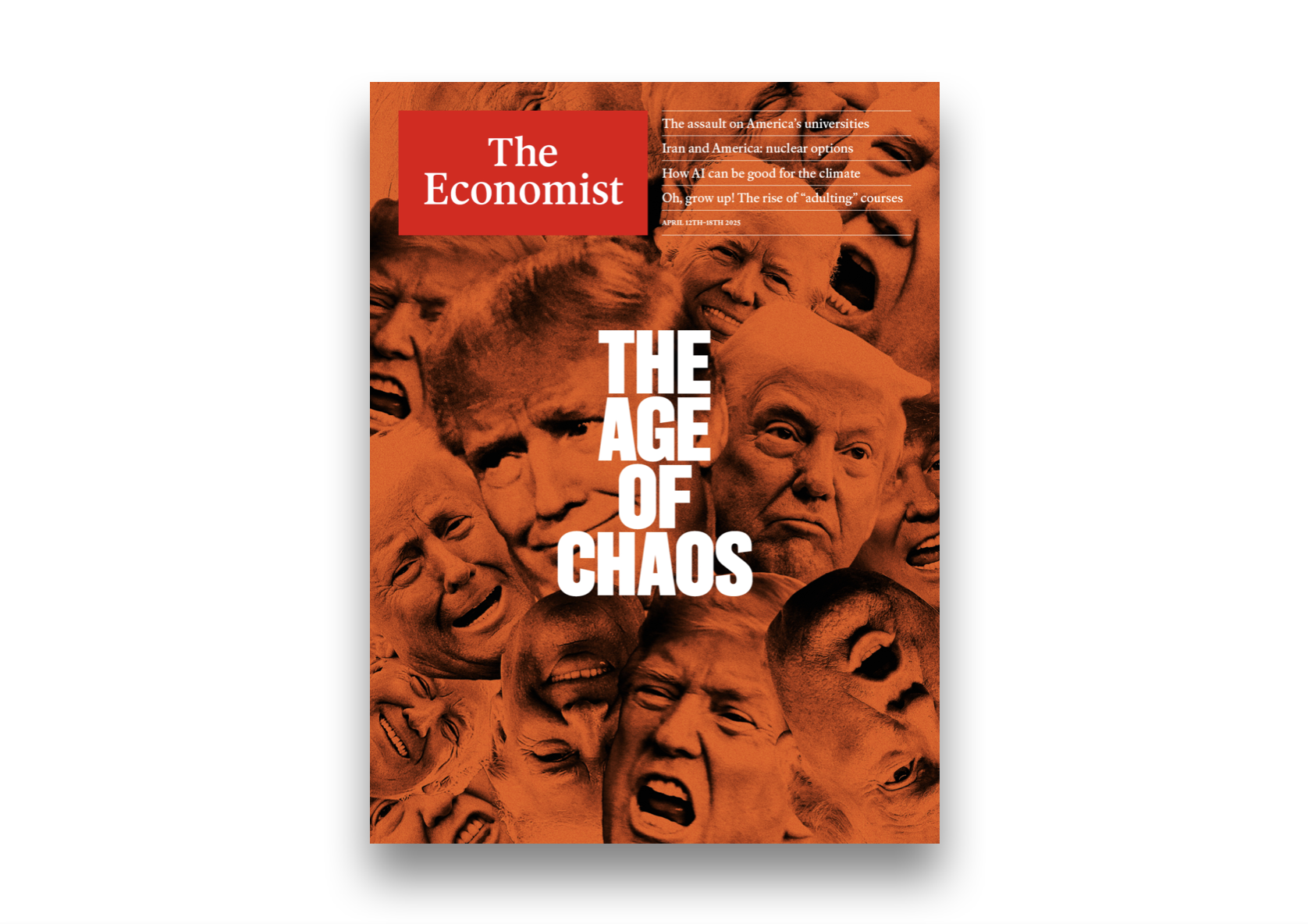Part I of this article demonstrated that a conspiracy to smear Donald Trump with false allegations of collusion with Russia took place, with Hillary Clinton at its head. This second part will show the FBI was an active participant in the conspiracy.
The FBI smoking gun has been hiding in plain sight. In June 2018 Inspector General for the Department of Justice Michael Horowitz released his report on the FBI’s Clinton email investigation, including FBI director James Comey’s drafting of a surprise press release announcing no prosecution for Clinton, written before the full investigation was even complete.
Horowitz found it “extraordinary and insubordinate for Comey to conceal his intentions from his superiors… for the admitted purpose of preventing them from telling him not to make the statement, and to instruct his subordinates in the FBI to do the same.” Comey took it upon himself to exonerate Clinton at a politically crucial time, whitewashing her clear use of an unclassified server with classified material.
Horowitz also criticized Comey’s boss, attorney general Loretta Lynch, for meeting privately with Bill Clinton as the FBI investigation into Hillary unfolded. “Lynch’s failure to recognize the appearance problem was an error in judgment.” Lynch then doubled down, refusing to recuse herself from the Clinton case, creating “public confusion.”
The report also criticizes FBI agents Peter Strzok and Lisa Page, who exchanged texts disparaging Trump before moving from the Clinton email to the Russiagate investigation. Those texts sowed public doubt about the investigation, including one exchange that read, “Page: ‘[Trump’s] not ever going to become president, right?’ Strzok: ‘No. No he’s not. We’ll stop it.’” Another Strzok document stated “we know foreign actors obtained access to some Clinton emails, including at least one secret message,” though that was never prosecuted. Strzok purposely allowed Clinton a pass on a criminal act.
Page and Strzok also discussed cutting back the number of investigators present for Clinton’s in-person interview in light of the fact that she might soon be president, and thus their new boss. Someone identified only as Agent One went on to refer to Clinton as “the President” and in a message told a friend “I’m with her.” The FBI also allowed Clinton’s lawyers to attend her interview, even though they were also witnesses to possible crimes committed by Clinton. Strzok purposely granted Clinton significant advantages to prevent her interview containing statements which could have been used against her, and to muddy the potential witness pool.
If that does not add up to a smoking gun that the FBI conspired pre-dossier to help Hillary Clinton, how about this?
Following Hillary’s exoneration over her emails and mishandling of classified information, the FBI launched its Crossfire Hurricane investigation into Trump-Russia, based in whole or large part on the infamous Christopher Steele dossier. The public now knows the dossier was paid for and stocked with falsehoods by the Clinton campaign. The unanswered questions from that investigation themselves comprise a second smoking gun of FBI conspiracy.
Why did the FBI not inquire into Steele’s sources and methods, which would have quickly revealed the information was wholly false? Why was the FBI unable to discover Steele (and later, Clinton lawyer Michael Sussmann, who gave false info to the FBI about Trump and Alfa Bank) were double agents working for and paid by the Clinton campaign?
When the FBI discovered that the target of its first FISA warrant out of the dossier, Carter Page, was actually a paid CIA asset, why did they hide this information from the FISA court instead of dropping Page? Why did this not cause them to question the credibility of Steele, a master spy who couldn’t identify that his source was actually a CIA asset? Steele claimed the Russians offered Page a comically huge bribe — billions of dollars — to end US sanctions if Trump became president. Page clearly could never have played a significant role in ending sanctions. Why did the FBI find those statements credible enough to pursue the warrant?
Why did the FBI cite an open-source press article by Michael Isikoff claiming Trump had Russian ties as part of its FISA warrant application against Page, without finding out who Isikoff’s source was? The source, of course, was Christopher Steele, who was interviewed in a hotel room booked by Fusion GPS, who was paid by Clinton. The FBI nonetheless claimed an article from Yahoo! corroborated the dossier, a citation unlikely to pass muster on an undergrad term paper. Were they really fooled?
Why did the FBI not discover the dossier’s false claim that Trump lawyer Michael Cohen visited Prague to meet with the Russians? Robert Mueller was able to conclusively dismiss it. Confirming Cohen in Prague would have been a cornerstone of the FBI’s larger case, but the matter was left open until Mueller.
Why did the FBI not question Sussmann about the source of his DNS data, some of which came directly from inside the White House? Why would a private citizen have such information? Did the FBI know Sussmann had previously represented the DNC when its server was hacked — an obvious bias?
When Sussmann, claiming to be a concerned citizen with White House DNS data, first approached the FBI, why was he assigned to meet with the FBI’s general counsel, its lawyer, and not a case agent? Was something other than his information, possibly FBI collusion with fraud, being validated?
Why was the CIA investigation referral saying Hillary was behind Russiagate ignored by the FBI? The memo was addressed to director James Comey, who claimed he had no knowledge of it, and Peter Strzok, who should have been the action officer but did nothing.
Why did Kevin Brock, the FBI’s former intelligence chief, say “The fact pattern that John Durham is methodically establishing shows what James Comey and Andrew McCabe likely knew from day one, that the Steele dossier was politically-driven nonsense created at the behest of the Clinton campaign. And yet they knowingly ran with its false information”?
Despite the investigation being run by the FBI, why was it CIA director John Brennan who briefed Obama on the Hillary connection in July 2016 and not Comey?
If any of those questions seem rather obvious, that is the point. The cover stories only had to hold long enough to infect the media, sufficient to make denials seem plausible for the FBI. Clinton and her co-conspirators were so certain they would win the election that they felt none of their tricks needed to stay hidden much past victory.
At this point you can believe the multiple ops paid for and run by Clinton people were uncoordinated events, or that they were part of the broad campaign Hillary was an active participant in, and about which John Brennan warned Barack Obama, and which the CIA warned the FBI, not knowing they were in on it. You can believe the FBI acted incompetently and unprofessionally (yet consistently, no breaks went Trump’s way), or as part of a conspiracy.
What you cannot do any more is pretend this did not happen, and that the person most involved came close to being elected president because of it. If you worry about democracy, worry about that.

























